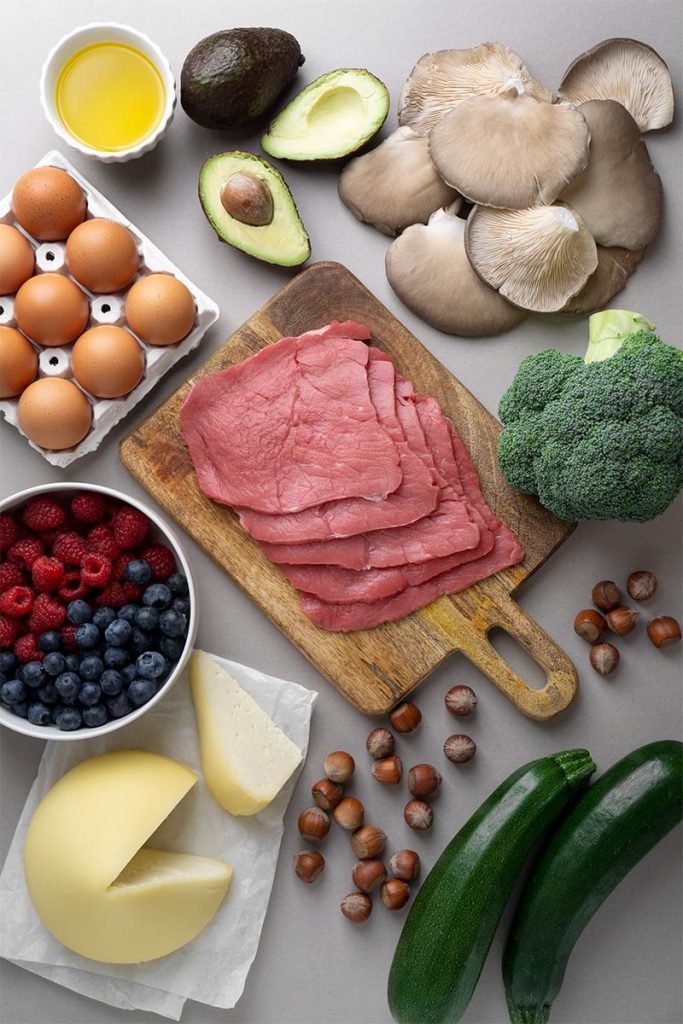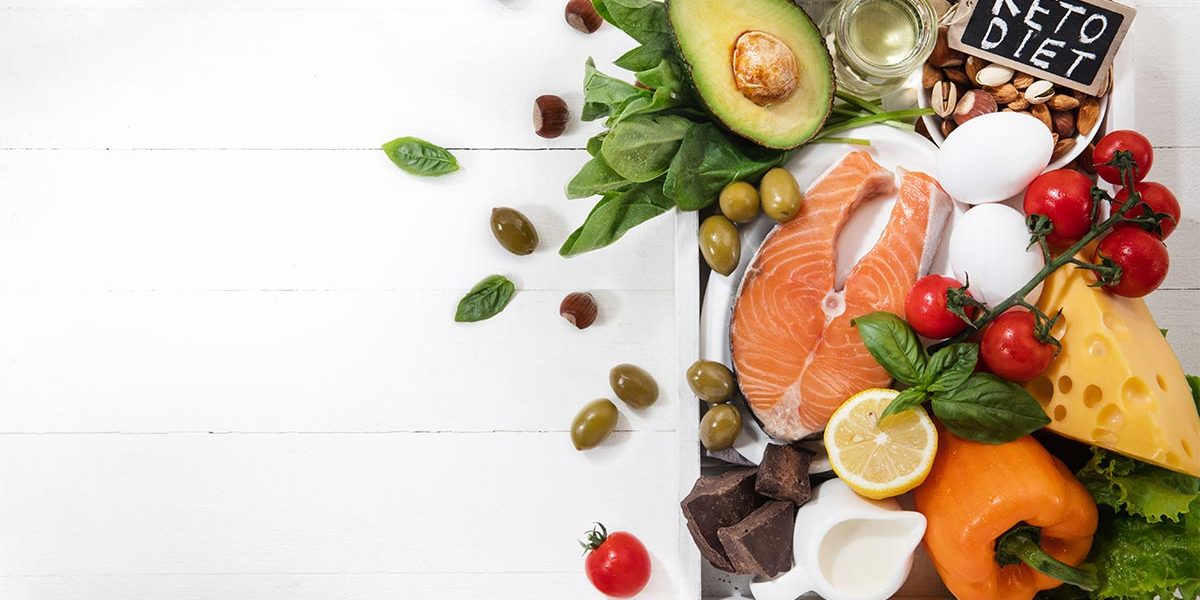More and more people are trying the ketogenic diet, the advantage of which is that we can lose a few extra kilos relatively quickly. The principle is that during the diet we eat almost no carbohydrates, which forces the body to use fat instead of converting sugars into energy. With the ketogenic diet, we can lose up to two kilos a week.
While a normal balanced diet should consist of 45-55% carbohydrates, 15-20% protein and no more than 30% fat, the key rule of the ketogenic diet is to consume only 5% carbohydrates and 75% fat. It seems a little controversial at first why a fat-burning diet should be made up mainly of fat. To begin with we need to understand:
what is ketosis, after which the diet got its name?
When the body does not get carbohydrates to convert into energy, it uses fat as a substitute: this is when the metabolic phenomenon called ketosis takes place. The body gradually enters this state, a process called ketogenesis. During ketosis, ketone bodies are formed, which are organic compounds used to replace small amounts of sugars. Ketosis can occur as a result of starvation or fasting, and its health benefits were already known since Hippocrates.
In the ketogenic diet, we reach this state without starving ourselves. The diet, which was discovered over a century ago, was first used to treat epilepsy and weight loss was only recorded as a ‘side effect’, but has now become popular especially among dieters. Several versions are known: in addition to the standard ketogenic diet mentioned above, which requires a 5% carbohydrate intake, there is also the high-protein keto diet, which consists of 35% protein, 60% fat and 5% carbohydrate; there is also the specific keto diet for athletes, in which carbohydrate-rich foods are allowed on training days; and there is the cyclical keto diet, which involves alternating between ‘carbohydrate days’ and days in which only low-carb foods are eaten. The latter is considered by many to be the safest.
Continuously following this diet can be harmful. Side effects include constipation, lack of energy, vitamin deficiencies, permanent bad breath (the latter lasts as long as we’re in ketosis, so sugar-free chewing gum and frequent mouth rinsing will reduce it, but won’t eliminate it).

It’s also possible to develop what’s called ‘ketogenic flu’,
which is a complex of symptoms, including fever, nausea, vomiting, headache and fatigue, due to a temporary imbalance of energy, insulin and minerals in the body. Dieting can also lead to a loss of muscle mass and it has been observed that after a short period of weight loss, the lost kilos return just as quickly after returning to carbohydrates. The ketogenic diet can also cause irregular menstrual cycles.
Many foods that are high in carbohydrates but contain important nutrients, vitamins and antioxidants should be avoided on a ketogenic diet: legumes, peanuts, fruit, some dairy products, rice, oatmeal or wholemeal bakery products. What we can eat are meat, fish, low-carb vegetables (tomatoes, eggplant, asparagus, broccoli, celery, cauliflower, cabbage, cucumbers, zucchini, greens, avocado), eggs, cheese, pumpkin and sesame seeds, nuts, peanut butter. And, of course, mushrooms, a true superfood that a ketogenic diet should not be without: they contain 90 percent water, minimal fat, are low in carbohydrates and protein, but high in fiber and vitamins.

It’s always worth supplementing our intake of vitamins and minerals that we don’t get from our diet and being extra careful to drink enough water! Pregnant women and breastfeeding mothers are not recommended to follow this type of carbohydrate-free diet. This diet is also recommended for certain metabolic diseases such as type 2 diabetes. It is very important to mention that,
if we want to start a ketogenic diet for medical reasons, it is only recommended under the supervision of a medical doctor!
If you want to learn more about how mushrooms can help you develop a healthy diet, read our previous articles. Here we wrote about champignon mushrooms (with a diet recipe!) and here we discussed why it’s good to eat lots of mushrooms, especially in summer! And if you’re looking for a more balanced diet for long-term weight loss, try the Mediterranean diet, which includes mushrooms.






